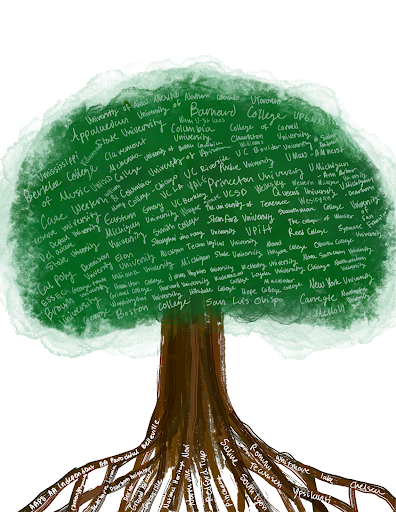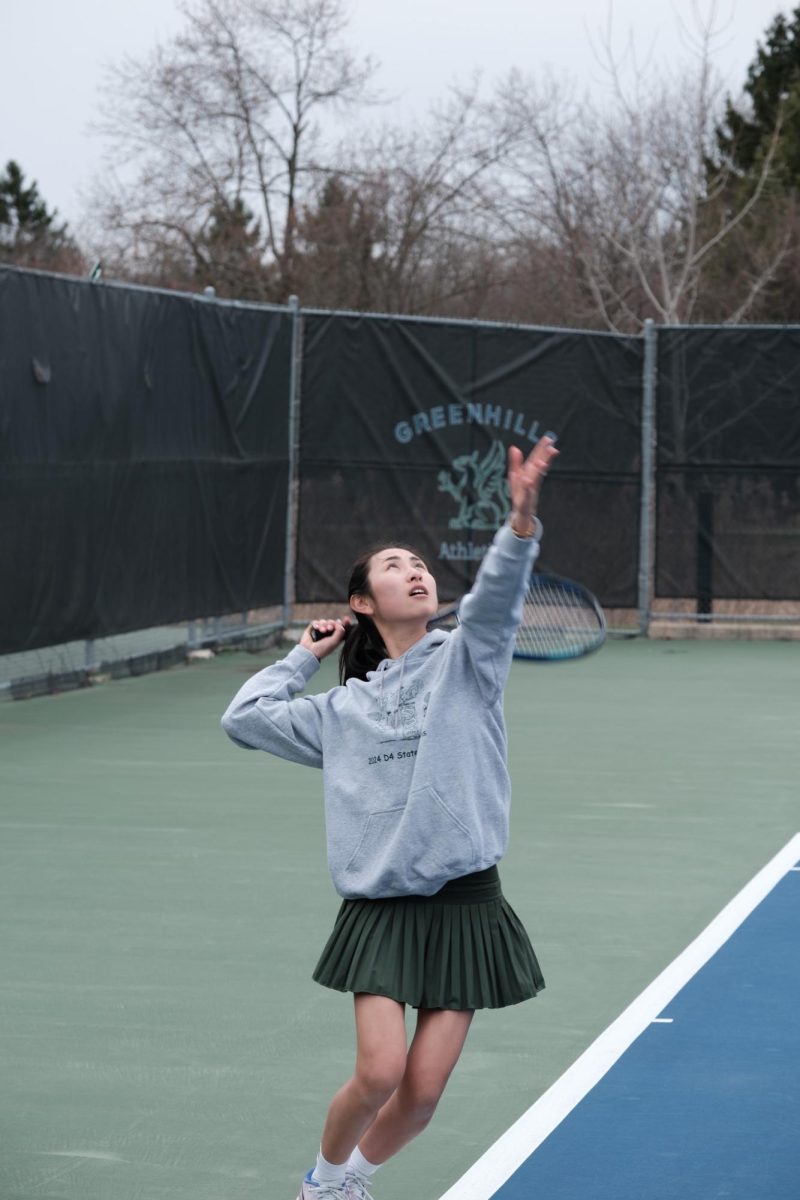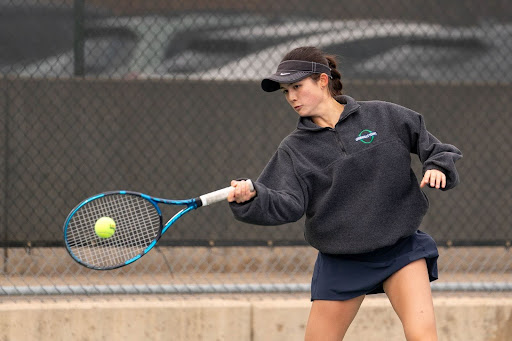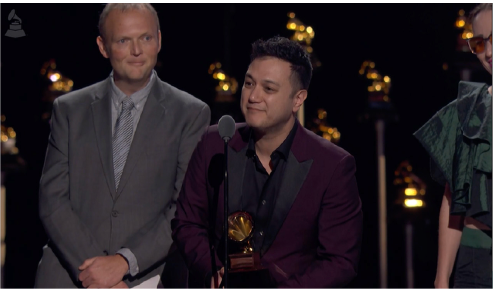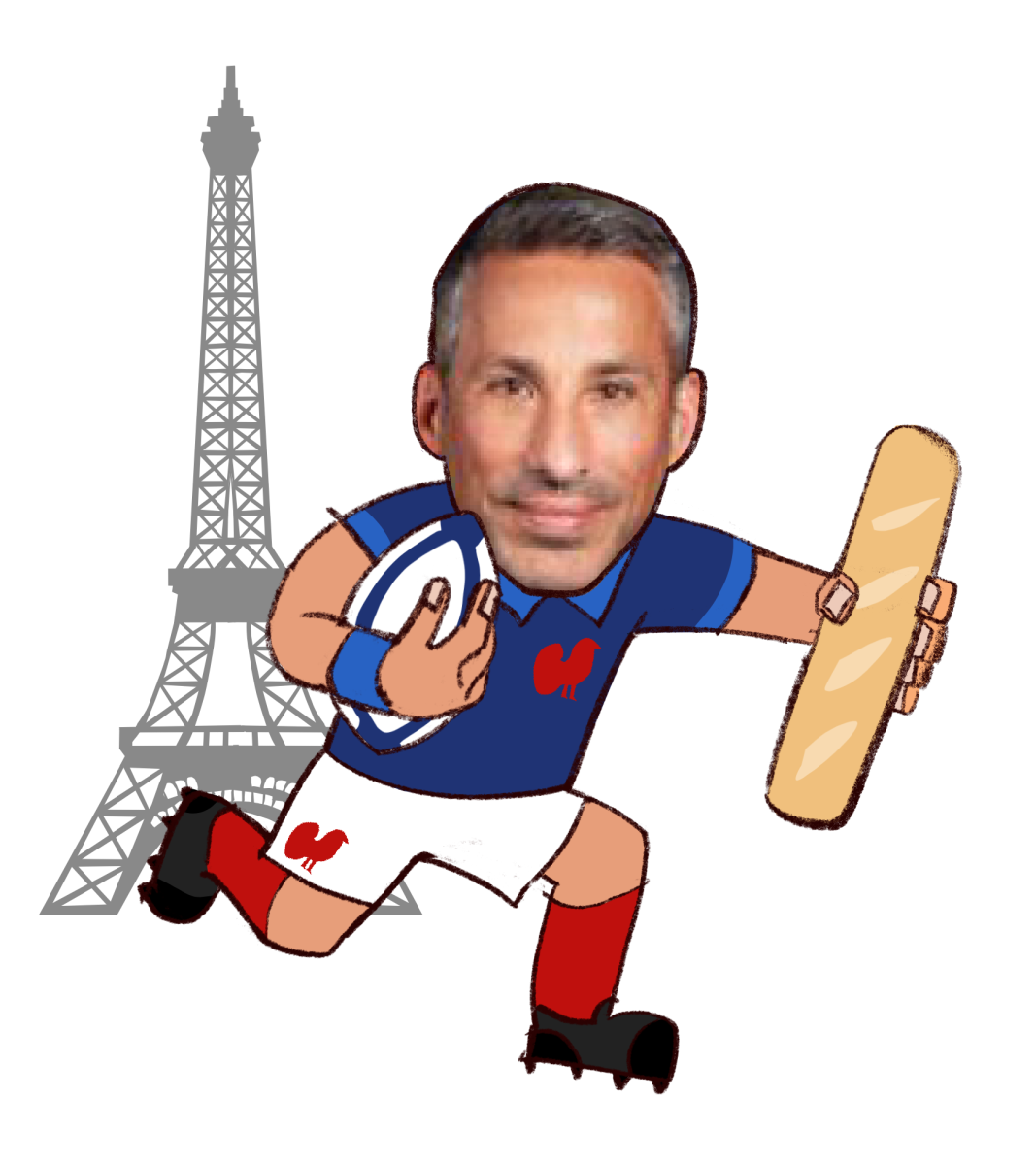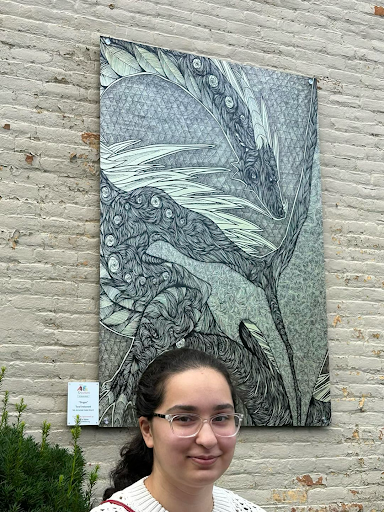“A thousand little cuts”
Affinity group leaders acknowledge progress, say more work needed on microagressions
April 12, 2022
Over the past decade, Greenhills has pushed anti-racist efforts and programs. However, according to students, help and reform is only issued after microaggressions have occurred.
For many students, the concept of microaggressions was first introduced in the Fresh program in ninth grade.
“A microaggression is an everyday occurrence of a small, racist, homophobic, or marginalizing act,” said Hispanic and Latinx Organization (HALO) Leader Sofia Csaszar ‘22.
All students that attended the Fresh program were familiarized with the concept, but students of color are much conscious of the issue.
“I’ve definitely experienced people making comments that make me uncomfortable that were about my race or cultural stuff,” said South Asian Affinity Network (SAAN) Leader Avni Mangrulkar ‘22.
Microaggressions may be generally categorized by students as marginalizing acts that are done unintentionally, unconsciously or subtly. The seeming subtlety of microaggressions allows for them to infiltrate daily life and become normalized. Csaszar faced many unmistakeable microaggressions since she first started attending Greenhills.
“Hearing the everyday ‘go back to your country’…When Trump was president I would hear ‘build the wall’ a lot,” said Csaszar.
Csaszar was also told by a student everyday that they should be deported, among other things. The student no longer attends Greenhills of their own choice, however this was after around 3 years of repeated harassment.
“Affinity groups are already a helpful safe space and the bias response forms will hopefully help people coming forward, after these happen,” said Arab American Affinity Group Teacher Lead Natalie Caramagno.
Caramagno placed an emphasis on current Greenhills resources only being implemented after the fact. Even then it may only be utilized as a second option.
“I would probably tell one of my friends that has the same identity as me or my sister,” said Arab American Affinity Group Leader Olivia Emerson ‘22, in regards how she would react if she were to experience a microaggression.
On the other hand, teachers say they would most likely use Greenhills resources.
“I would tell Ms. Hall or Dr. Williams or any other teacher that would handle that sort of thing,” Caramagno said.
Fresh was a resource that aimed to educate students and to provide help before microaggressions could even take place, but students have also thought of their own ways to help.
“Greenhills should definitely hold seminars for each grade talking about these and especially get people from certain groups … HALO could give a seminar … to talk about their experiences,” said Csaszar.
Students wish for greater empathy in the community, and faculty are still looking for ways to help.
“Students should feel comfortable sharing their cultures and identities within the community. This would help to prevent microaggressions and raise awareness to the importance of understanding people’s cultures and identities,” said East Asian Pacific American Coalition (EAPAC) Leader Emma Zhang ‘23.



